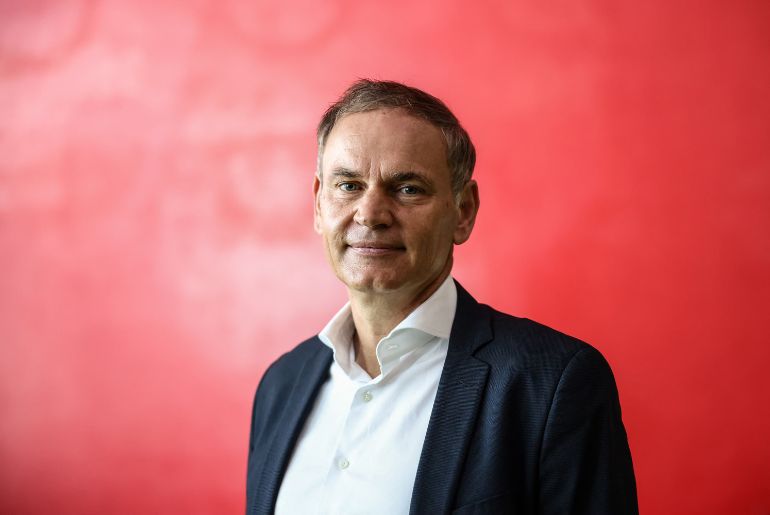Porsche CEO Oliver Blume has decided to step down from his position to fully concentrate on his role as head of the Volkswagen Group, according to some reports. The search for Blume’s successor is underway, with both internal and external candidates under consideration.
Blume has led Porsche for ten years and has also been serving as Volkswagen Group CEO since September 2022, when he succeeded Herbert Diess. In previous statements, Blume acknowledged that holding both roles simultaneously “is not designed to last forever”. Shareholders have increasingly expressed concerns over this dual leadership structure.
The decision comes amid challenging financial conditions at Porsche. The company reported a net profit of 718 million euros in the first half of 2025, down more than 71% compared with the same period last year. Contributing factors include U.S. tariffs and China’s luxury tax on high-end electric vehicles.
According to WiWo, discussions regarding Blume’s successor involve the Volkswagen Supervisory Board Chairman Hans Dieter Pötsch, representatives of the Porsche and Piëch families, the works council, and Blume himself. While the transition was originally expected in September, insiders now anticipate an official announcement in autumn 2025, with implementation by early 2026.
The selection process is reportedly complex, as the Porsche and Piëch families, Blume, and the works council have differing preferences for the next CEO. The families aim to appoint a leader who signals decisive continuation of Porsche’s ongoing restructuring efforts to the capital markets.
This change follows other recent management adjustments at Porsche. In February, Jochen Breckner and Matthias Becker were appointed to head Finance & IT and Sales & Marketing, respectively, after CFO Lutz Meschke and Chief Sales Officer Detlev von Platen stepped down.
Porsche is also undergoing a workforce and operational restructuring. A savings programme announced earlier this year plans to cut around 1,900 jobs by 2030, in addition to roughly 1,500 temporary layoffs already implemented. Its battery subsidiary Cellforce is being reorganised, with 200–290 jobs to be eliminated as focus shifts toward cell and system development, and previous plans to expand high-performance battery production are being discontinued.

